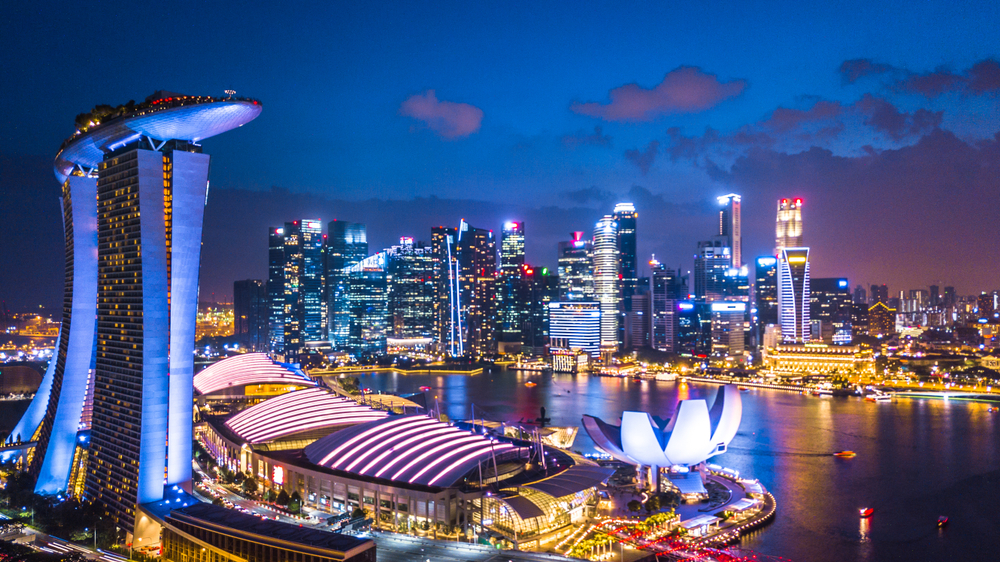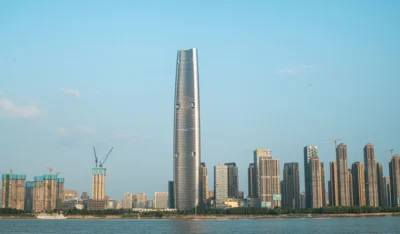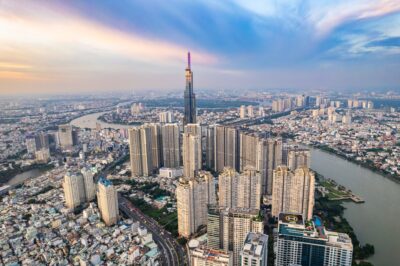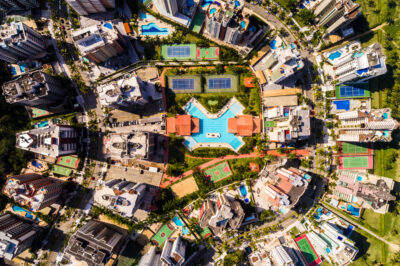Hotel transactions in the Asia Pacific region reach $8.4 billion
Meanwhile, investors are upgrading hotels instead of building new developments

From January to September 2022, hotel transactions in Asia Pacific reached USD8.4 billion, a 16 percent increase YoY, reported The Hotel Conversation.
During this period, the average price per key rose to USD445,000 from USD331,000 in 2021. 123 hotel transactions have been made so far in 2022 year-to-date compared to 139 YoY in last year, showing that larger assets and hospitality platforms are being sold more frequently this year.
More: Hotel investments in the Asia Pacific region, to reach more than USD10.7 billion this year
Moreover, as governments continue to lift travel restrictions in the Asia Pacific region, traveller confidence continue to grow as well, noted TTG Asia.
Data reveals that hotel occupancy in the region reached approximately 60 percent on average from July to September 2022, compared to 63 percent in the same period in 2019.
In September 2022, Singapore hotels had an occupancy average of 75 percent, a 13 percent increase in average daily rates, and a 10 percent increase in revenue per available room (RevPAR) compared to 2019 rates.
Meanwhile, bookings in October 2022 exceeded pre-pandemic levels by two percent.
As occupancy rates recovered, booking lead times also stabilized. This year saw booking behaviours that were last scene in 2019, with 64 percent of global bookings made in the zero to seven-day window versus 2019’s 60 percent.
Meanwhile, investors are upgrading hotels instead of building new developments. This is to avoid the increasing development costs, which have gone up 10 to 30 percent, and tighter, more expensive, construction loans.
“Many investors are now preferring to buy existing assets needing refurbishment, repositioning, or rebranding, with the return prospects often much more appealing,” says Xander Nijnens, managing director of Advisory & Asset Management at JLL Hotels & Hospitality Group, and adding that these deals are “easier to underwrite and are quicker to market,” compared to a new development, which usually takes 24 to 36 months to construct.
The Property Report editors wrote this article. For more information, email: [email protected].
Recommended
Malaysia property market rebounds with foreign interest and growth
The nation’s property market is stirring to life, fuelled by foreign buyers and major infrastructure drives
China’s renewable energy surge redefines housing norms and development
From exporting solar panels to building entire green-powered neighbourhoods, China’s renewable surge is redefining housing norms
Philippine real estate stays resilient amid political turmoil
The arrest of former President Rodrigo Duterte is a huge political plot twist. But the real estate sector in the Philippines is not (yet) flinching
Vietnam housing market poised for growth despite tariff challenges
With possible punitive US tariffs looming over the economy, Vietnam’s otherwise buoyant housing market has entered a cautious stage






